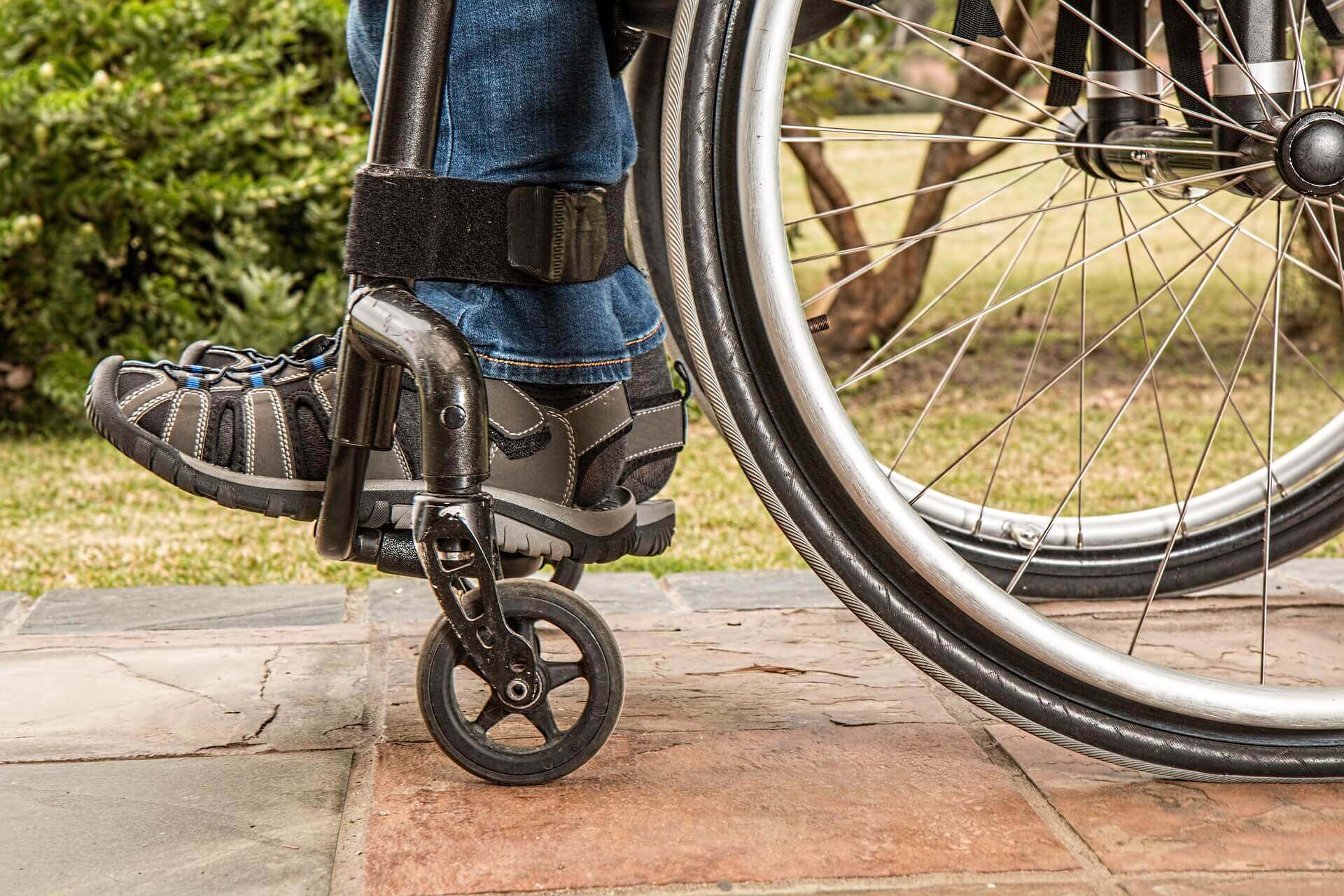
Diabetes mellitus, whether Type 1, Type 2, or gestational diabetes, can cause severe health complications that hinder an individual’s capacity to work. Common complications include:
Diabetes alone doesn’t always qualify as a long-term disability. But when it leads to severe complications that interfere with daily activities and work, it can be considered disabling. The Americans with Disabilities Act (ADA) recognizes diabetes as a disability when it substantially limits major life activities, such as regulating blood sugar, maintaining vision, or preventing nerve damage. However, for LTD insurance claims, the key factor is how diabetes impacts a person’s ability to perform their job.
Complications like peripheral neuropathy, retinopathy, or frequent hypoglycemic episodes can make it unsafe or impossible to work, especially in jobs that require physical labor, precise motor skills, or mental focus. If diabetes leads to significant limitations despite proper medical treatment, it can be classified as a long-lasting disability, making an individual eligible for LTD benefits.
To qualify for LTD benefits due to diabetes, claimants must provide compelling evidence that their condition significantly impairs their job performance. Insurers typically look for:

Many valid claims are initially denied due to reasons such as:
Securing LTD benefits for diabetes isn’t easy. Insurance companies often argue that the condition is manageable with medication and lifestyle changes. To qualify, claimants must show that diabetes, even with treatment, still makes working impossible.
One of the biggest hurdles is proving how symptoms impact daily tasks. Insurers often reject claims based on fatigue, pain, or mental fog if there’s no strong medical proof. Detailed doctor’s reports, lab results, and functional assessments are crucial.
Missed treatments or gaps in medical care can also lead to denials. Insurers may claim the condition isn’t severe if the claimant isn’t following prescribed treatment. Some policies also have pre-existing condition clauses, making it even harder to get approval. Because of these challenges, working with a disability attorney can improve the chances of success.
Filing a long-lasting impairment claim for diabetes can be overwhelming. Many claims face delays or denials due to missing information or insurance tactics. Understanding the process can help avoid common pitfalls and improve the chances of approval.
The first step is submitting a complete LTD application. This includes medical records, test results, and a detailed statement explaining how diabetes affects daily tasks and work performance. Supporting letters from doctors, employers, or coworkers can strengthen the claim by highlighting the challenges caused by symptoms like fatigue, nerve pain, or cognitive issues.
Once the application is submitted, insurers may request additional medical documentation or require an independent medical exam (IME). These exams can be tricky since insurance companies often use them to downplay the severity of symptoms. It’s important to attend but also to be cautious about how symptoms are described. Keeping a personal symptom diary and discussing concerns with a doctor beforehand can help ensure accuracy.
If the claim is denied, the next step is filing an appeal. The insurance provider must provide a written explanation for the denial. Strengthening the appeal with updated medical evaluations, expert opinions, and detailed testimonies from healthcare providers can improve the chances of success.
If appeals are unsuccessful, legal action may be necessary. At this stage, having an experienced disability attorney can make a significant difference. Insurance companies have legal teams working to deny claims, but a skilled lawyer can challenge their tactics and fight for the benefits you deserve.
Understanding each step of the LTD claims process can help claimants stay prepared and proactive. With the right evidence and legal support, it’s possible to overcome denials and secure the financial assistance needed to manage diabetes effectively.
At Raval Trial Law, our experienced diabetes disability lawyer understands the unique challenges individuals with diabetes face when pursuing disability benefits. We provide comprehensive support through every stage of the claims process:
Yes, if diabetes causes severe complications that prevent you from working, you may qualify for LTD benefits.
A child with Type 1 diabetes may qualify for disability benefits if the condition significantly affects their daily life and requires intensive medical management. The Social Security Administration (SSA) considers Type 1 diabetes a qualifying condition if the child has frequent hospitalizations, severe complications, or difficulty managing blood sugar despite following prescribed treatments. Parents must provide medical documentation showing how the child’s diabetes impacts their ability to function in school or daily activities.
The benefits available for individuals with Type 2 diabetes depend on the severity of their condition and the programs they qualify for. If diabetes leads to complications that prevent work, long-term disability insurance may provide financial support. Social Security Disability Insurance (SSDI) is another option if the condition meets the SSA’s disability criteria. In some cases, individuals may qualify for Supplemental Security Income (SSI) if they have limited income and resources. Additionally, workplace accommodations under the ADA can help manage diabetes-related challenges at work.
While it’s not mandatory, having a lawyer can make a significant difference in the outcome of your claim. Disability claims are often denied due to technicalities, lack of medical evidence, or insurance company tactics designed to minimize payouts. A lawyer can help you gather the necessary documentation, handle insurer communications, and fight for your rights if your claim is unfairly denied. If your case goes to appeal or litigation, legal representation becomes even more critical in securing the benefits you deserve.
When you consult with Raval Trial Law an experienced Houston trial lawyer at our firm will engage you in a collaborative partnership. We understand the unique challenges associated with insurance disputes, and how to navigate them successfully and in a manner that accomplishes our clients’ objectives. Our practical, results-oriented mindset drives every facet of our legal representation. We are laser-focused on working towards the best possible solution for each client.